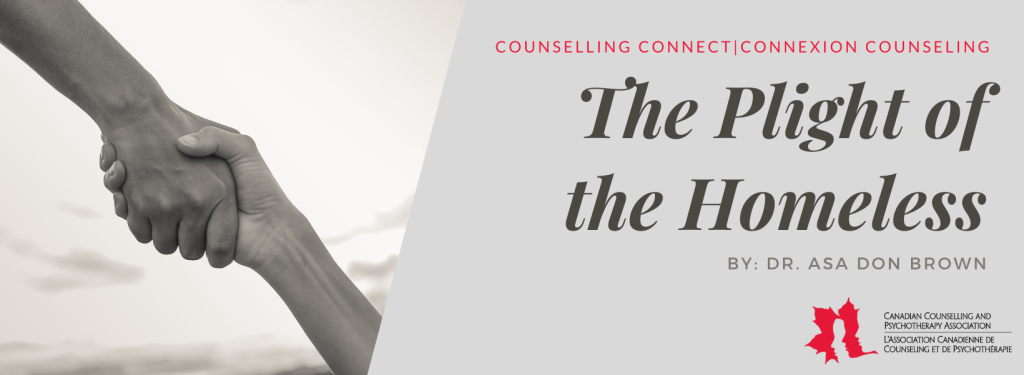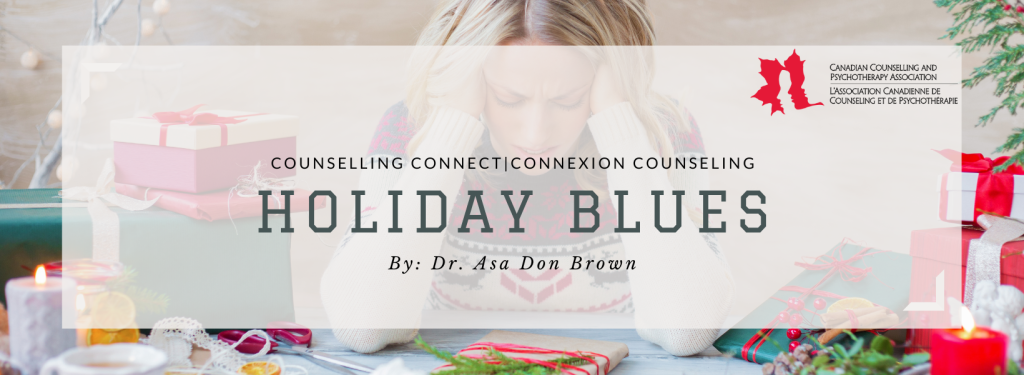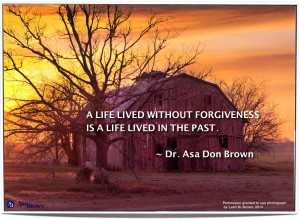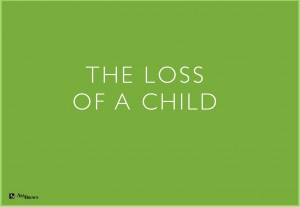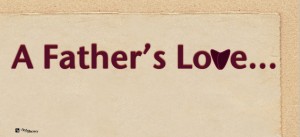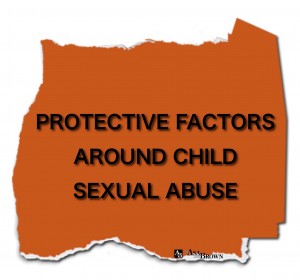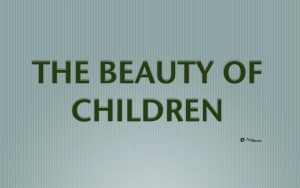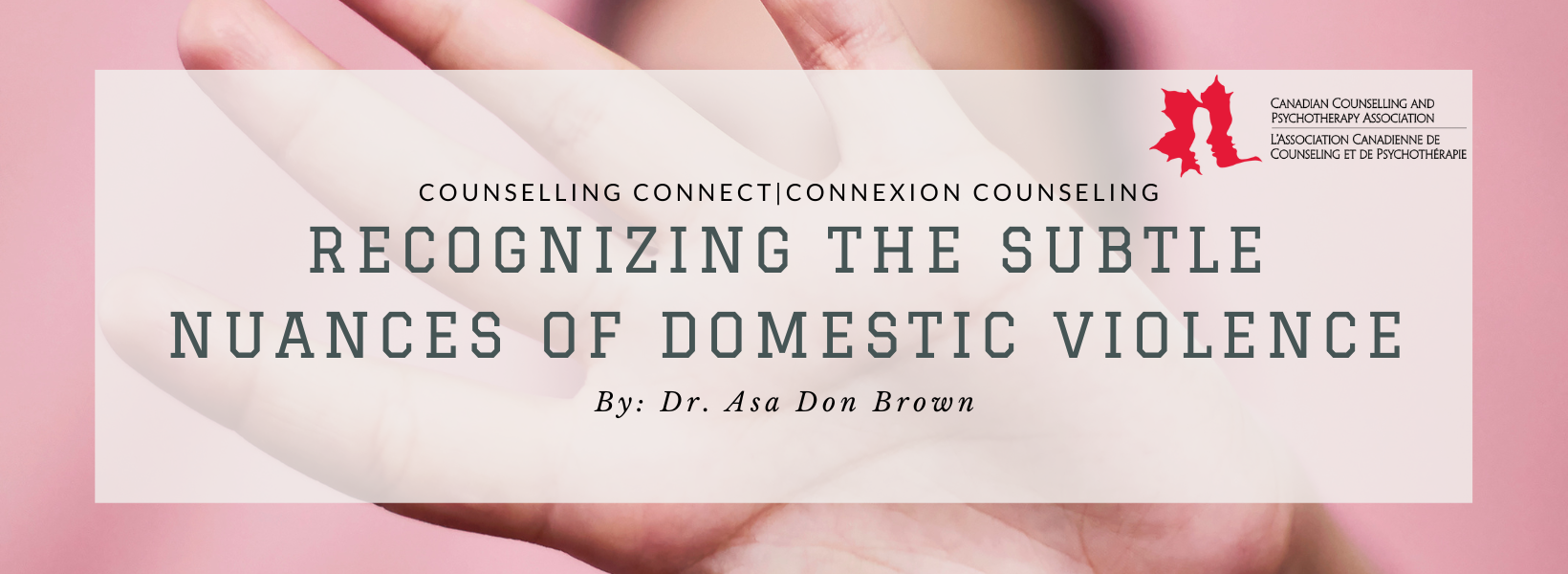
Domestic violence is never acceptable. What comes to mind when you hear the words domestic violence? Have you ever experienced any form of domestic violence? Have you been vicariously effected by domestic violence? For you, how would you describe domestic violence? In your own words, what would account for domestic violence?
Perhaps, you were the perpetrator of domestic violence. What erupted your emotional fuel-line? Do you believe that domestic violence is ever excusable? If so, what forms of domestic violence do you believe are acceptable?
If you were given an opportunity to describe domestic violence, you might have your own personal slant on what is, and what is not. For majority of our society, domestic violence are “extreme” and “intolerable” violent acts. Ultimately causing physical harm or the possibility of physical harm. Yet, we often draw the line at the physical manifestation of violence. We seldom take into account many other forms of violence. When was the last time you considered economic abuse, cyberstalking, stalking, or verbal or emotional abuse as potential threats? Even the very threat of harm, may be considered a form of domestic violence. Nevertheless, we slough off certain categories as mere side effects of being with a particular individual.
• “You don’t understand them, like I do.”
• “I shouldn’t have pushed their buttons. — I know better.”
• “They’re under a lot of pressure these days.”
• “If I had only stopped, then they wouldn’t have become so enraged.”
• “I’ve should have respected their quiet time.”
• “It was my fault.”
The abused is often familiar with iStatements. “I should’ve, could’ve, would’ve,”
becomes their poetic song. It is always about justifying the intolerable behaviours of their
partner. Reminder, there is never an excuse in abuse!
For many abusers, they rarely accept personal responsibility. It’s about feeding their own ego, desires and identity. Notably, not all abusers are narcissistic, but narcissism is often a common feature amongst abusive personalities. The abuser is often an expert of the word “you.”
• “You should’ve listened to me.”
• “If you had only done what I had asked.”
• “I wouldn’t have become so enraged, if you had just listened.”
• “Today wasn’t a good day for you to grow a backbone.”
• “I became so angry when my food wasn’t ready.”
• “You make me so angry.”
Why do we dismiss acts of violence? Why is it that we have created categories and subcategories of what is excusable and what is inexcusable? As a clinical psychologist, I have often felt like asking, haven’t you read the fine-print? There is never an excuse for violence!
What is it within the human condition that creates excuses? Why does the abused accept responsibility for their victimization? Research has indicated that victims of abuse are often preprogrammed to think this way from early childhood. What prevents a victim from leaving their abuser? Individuals who are abused, are not unlike hostages. It is not uncommon for victims of abuse to feel particular loyalty and strong feelings for their abuser. After all, many relationships start out seemingly positive. The abuser may have wined-and-dined their victims. The victim may have felt safe and secure in the relationship. Likewise, the abuser may not have been outwardly displaying such characteristics either. Research has indicated that elevated stress and other life challenges are frequently the catalyst driving this type of personality.
The abuser is seldom born an abuser, rather they are nurtured into abuse. Just like victims often seek out victimhood, so do abusers seek out victims to abuse. Publicly, it’s not uncommon for the abuser to wear several different masks; pretending to be one individual for one group, while conveying a different personality for the next. The victim may be unaware of the abusers deep-ingrained personality.
What changes? The abuser may not have intentionally turned that leaf over, but one day, out of nowhere, the abuse begins. The relationship is no longer filled with charm, kindness, love, and affection, rather it becomes filled with envy, jealousy, violence, intolerance, and dogma. For many victims, they know their victimizer intimately. They have witnessed a different side to their victimizer. Was it a facade? Who knows, but they, the victims continue to believe in the way things were and that the abuser will surely return to their more vulnerable side. It is the victims relentless belief in the way things were, that prolongs their victimization.
Research indicates that victims often fit a specific profile. It is not uncommon for a victim of abuse to have been abused per childhood. In fact, studies have indicated that the victim may not have been the direct target of the abuse per childhood, rather having witnessed violence appears to be enough to leave a deep impact on the life of the child. The victim is not always raised in an abusive home, but this increases the odds that they will be preyed upon. Furthermore, abusers are not always raised in homes filled with violence and abusive personalities, but this too increases the possibilities that they will develop into abusers. Why does the victimizer seek out a specific prey? It stems from the knowledge that individuals with weakened self-images and self-esteems are more apt to cling to such a personality. Just like the animal kingdom, victimizers often seek out those who are the most vulnerable. It is at that optimum time that they pounce.
The research on the victimizer is quite stunning. Abusers are seldom without many skeletons. It is not uncommon for abusers to have been neglected and abused per childhood. They may have been directly abused or vicariously witnesses of abuse in their childhood home. While the childhood home is sometimes the catalyst, we must not blame an abuser’s choices on their childhood. For at the end of the day, we all have an ability of making choices between right and wrong.
Recognizing the Signs and Symptoms of Domestic Violence and Abuse
• avoidance of personal responsibility
• regular and frequent swearing and yelling
• withholding affection as a form of punishment
• abusive rhetoric and language
• gaslighting
• controlling and demanding personalities
• punitive actions
• restrictions on who someone can see and not see
• an inability to accept wrongdoings
• belittling and humiliating another
• threats of harm or the potential of harm
• the intentional degrading of a person’s self worth
• an inability to show compassion or empathy
• an overinflated sense of self
• indications of excessive jealously or possessiveness
• obsessive and stalking qualities
• sexual demands or threats
• withholding access to financial accounts
• withholding access to transportation
• suicidality
• homicidality
Please understand that you are not alone. Research has clearly indicated that in North America, that there are approximately 12 million victims of domestic violence each year. It is not uncommon for victims of abuse to feel isolated and alone. You are not alone. Physical and sexual abuse are not the only forms of domestic violence. Abuse occurs in a variety of forms including: physical, sexual, emotional, psychological and verbal abuse. Abuse is never excusable!
2520 Vestal Parkway East, PMB #177, Vestal, New York 13850 (206) 430-2611
Email: [email protected]
*The views expressed by our authors are personal opinions and do not necessarily reflect the views of the CCPA
